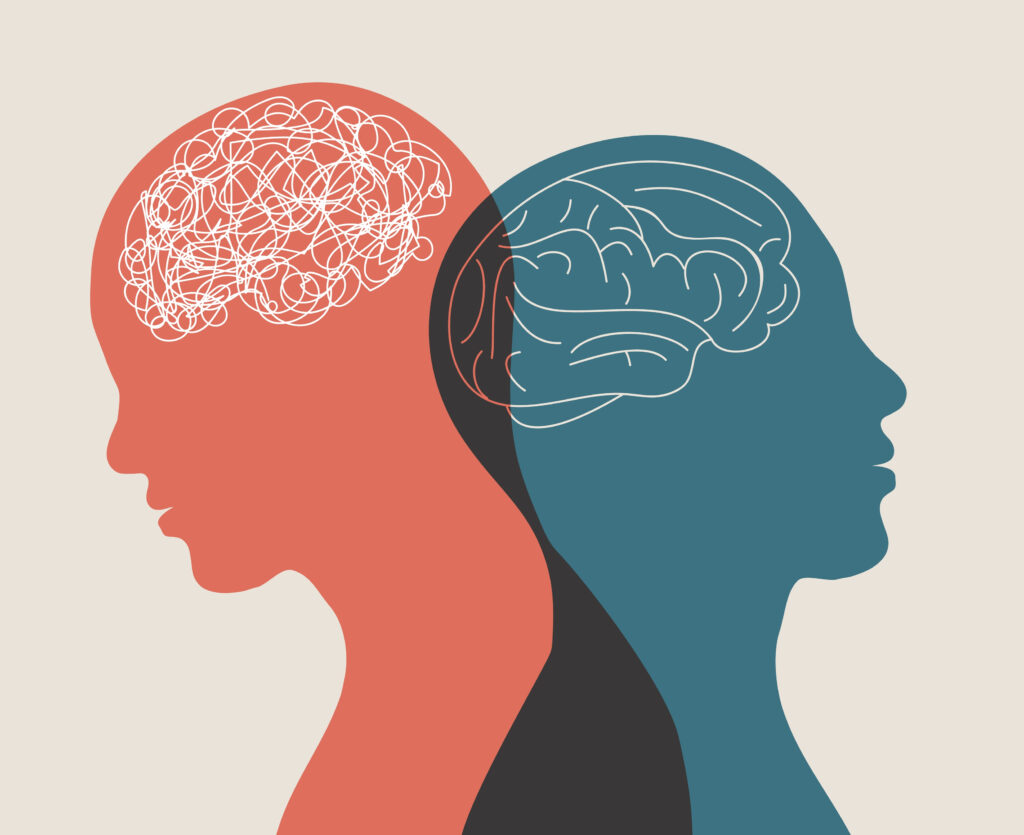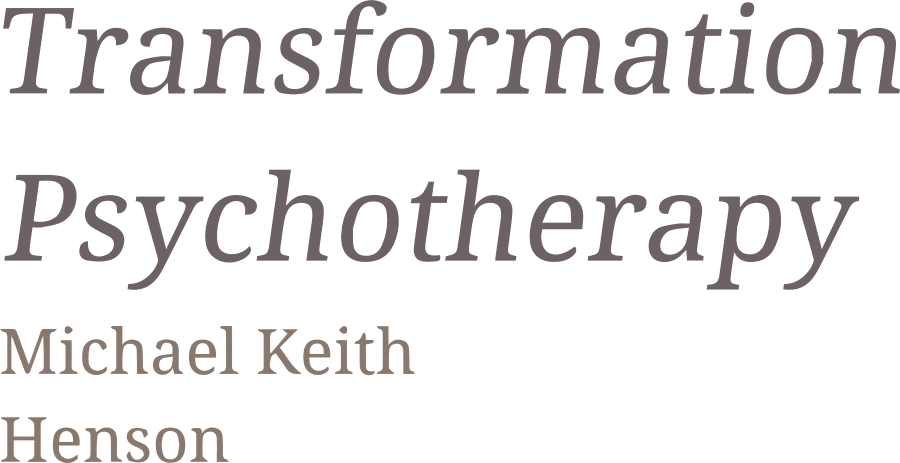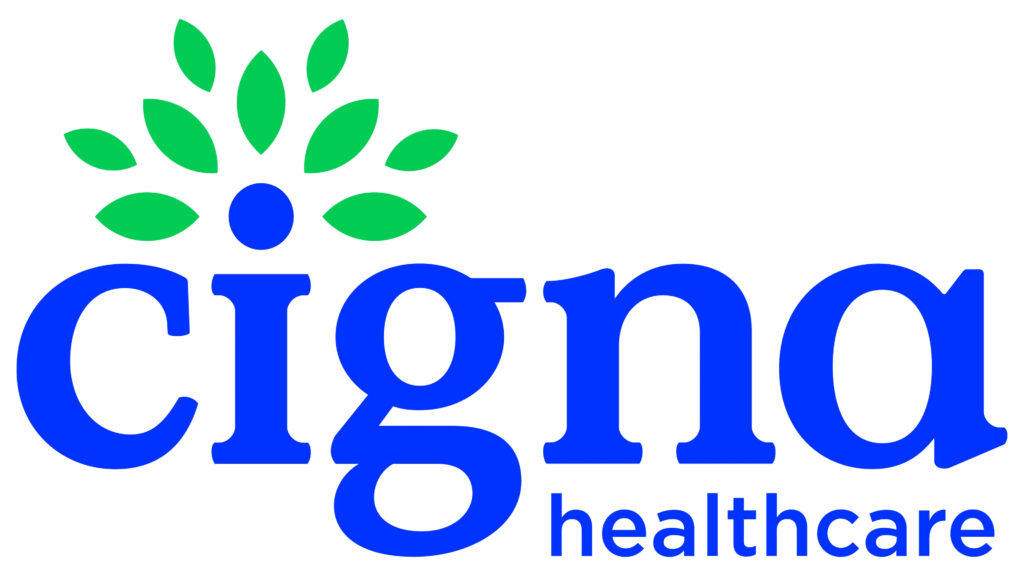Personality and Mood Disorders
Understanding Personality and Mood Disorders
At Transformation Psychotherapy, we specialize in providing compassionate and effective therapy services for individuals struggling with personality and mood disorders. These disorders can significantly impact a person’s thoughts, emotions, behaviors, and overall quality of life.
We understand the complexities and challenges associated with these disorders, and we’re here to offer support, understanding, and evidence-based treatment to help individuals regain control of their lives and find greater peace and fulfillment.


Personality Disorders
Personality disorders are characterized by enduring patterns of behavior, cognition, and inner experience that deviate markedly from cultural expectations. These patterns typically cause significant distress or impairment in social, occupational, or other important areas of functioning. Some common types of personality disorders include:
Narcissistic Personality Disorder (NPD): NPD is characterized by an inflated sense of self-importance, a need for excessive admiration, and a lack of empathy for others.
- Obsessive-Compulsive Personality Disorder (OCPD): OCPD is characterized by a preoccupation with orderliness, perfectionism, and control. Individuals with OCPD may be overly focused on rules and details, exhibit rigidity in their thinking and behavior, and have difficulty adapting to change.
Antisocial Personality Disorder (ASPD): People with ASPD may display a disregard for the rights of others, impulsivity, deceitfulness, and a lack of remorse for their actions.
Mood Disorders
Mood disorders involve disturbances in mood that interfere with daily functioning and well-being. These disorders can significantly impact an individual’s emotional state, energy levels, and ability to cope with life’s challenges. Common mood disorders include:
Major Depressive Disorder (MDD): MDD is characterized by persistent feelings of sadness, hopelessness, and loss of interest or pleasure in activities once enjoyed. Other symptoms may include changes in appetite or weight, sleep disturbances, and feelings of worthlessness or guilt.
Bipolar Disorder: Bipolar disorder involves cycles of mood swings between periods of depression and periods of mania or hypomania. During manic episodes, individuals may experience heightened energy, racing thoughts, impulsivity, and elevated mood. Depressive episodes are characterized by symptoms similar to MDD.
Treatments
Effective treatment for personality and mood disorders typically involves a combination of therapy, medication, and lifestyle changes. Here are some common approaches:
Therapy: Psychotherapy, such as cognitive-behavioral therapy (CBT), dialectical behavior therapy (DBT), and psychodynamic therapy, can help individuals understand their thoughts, emotions, and behaviors. Therapy provides coping strategies, improves interpersonal skills, and promotes emotional regulation.
Medication: Antidepressants, mood stabilizers, antipsychotics, and other medications may be prescribed to alleviate symptoms associated with mood disorders. These medications help regulate mood, reduce anxiety, and manage impulsivity.
Support Groups: Joining support groups or peer-led communities can provide validation, encouragement, and practical advice for individuals living with personality or mood disorders. Connecting with others who understand the challenges can reduce feelings of isolation and stigma.
Lifestyle Changes: Engaging in self-care practices, maintaining a healthy lifestyle, and avoiding substance abuse can contribute to overall well-being and symptom management.
If you or someone you know is struggling with symptoms of a personality or mood disorder, it’s essential to seek help from a qualified mental health professional. With proper treatment and support, individuals can learn to manage their symptoms, improve their quality of life, and experience healing and recovery. Don’t hesitate to reach out for help—you’re not alone, and support is available.
Our Approach
Book an Appointment
Ready to transform conflicts into connections? Contact us today to set up a call and learn more about how we can help you develop effective conflict resolution skills.











